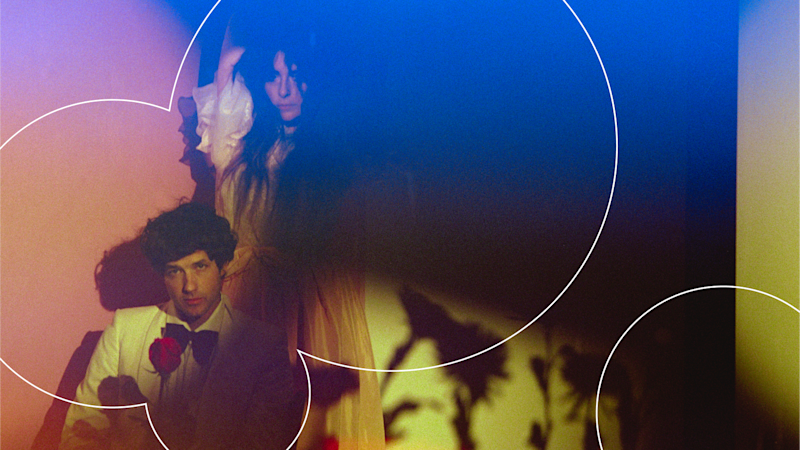The least-expected Top 10 single of last year went a little something like this: “Gucci gang, Gucci gang, Gucci gang, Gucci gang, Gucci gang, Gucci gang, Gucci gang.” In other words, you can pretty much get the gist of (wait for it) “Gucci Gang,” the breakthrough hit from SoundCloud rap poster boy Lil Pump, within the first few seconds; the whole song clocks in at just over two minutes. Some listeners saw the track’s snack-size length as a novelty when it was blowing up last fall. In fact, the opposite seems to be the case—in 2018, rap songs have gotten shorter and shorter, ostensibly adapting to the digital platforms on which they are mostly consumed. But it’s up to the artist to make the most of these time constraints—and it begs the question, are micro-rap songs an exercise in creative economy, or do they leave you wanting more?
The SoundCloud rap scene has favored super-short songs since its infancy. Beyond Lil Pump (whose 15-song self-titled debut album is just 36 minutes long), there’s Dr. Phil enfant terrible-turned-Billboard-charting rapper Bhad Bhabie, whose first three singles comprised less than six minutes, total. Hardly any tracks from NYC’s 6ix9ine pass the three-minute mark.
But the trend extends outside the teen-driven world of SoundCloud rap, too. Rising rapper Valee, who signed to Kanye West’s G.O.O.D. Music this year, is one of Chicago’s most distinctive voices; he’s also a disciple of the short song, with the six songs of his GOOD Job, You Found Me EP clocking in at a total of 14 minutes. He’s described that as a conscious choice, having noticed that his friends’ attentions usually start to drift around the second verse of any song they’re listening to. On Nasty, the recent debut from the fierce Rico Nasty, only two songs creep past three minutes—a decision that seems to jive with her rap-goes-punk attitude. And on 777—the collaborative album from Atlanta mainstay KEY and buzzing producer Kenny Beats and one of 2018’s most underrated rap releases—15 songs span only 34 minutes. Clearly, something’s in the air.
So Much to Hear, So Little Time
In the world of digital consumption, our narrow windows of free time are the object of fierce competition by the seemingly limitless choices streaming platforms present—there’s only so much time in the day. With that in mind, the easiest explanation for the micro-song trend is in the parlance of Silicon Valley tech-speak, where short songs represent a solution to an audience’s abundance of choice. Certainly this is a factor, especially considering that the platforms on which these songs are predominantly played sit alongside endless opportunities for diversion; how better for an artist to “disrupt” potential distraction than to get in and get out in record time?
Regardless of the role of digital platforms in this trend, it’s clear that efficiency is a major factor in contemporary storytelling. Whether it’s in the form of a two-minute rap song, a Snapchat, or an Instagram story, brevity has become a language unto itself, which explains why so many ex-Vine or YouTube stars have pulled off the transition to music (from Bhad Bhabie to Viner-turned-rapper Ugly God). In many of these cases, the music is just one element of a dense creative nugget, and not necessarily the central one.
But for some artists, the dynamics of social-media platforms serve as a test of their creativity. Enter Tierra Whack, the 22-year-old Philadelphia rapper whose debut album, Whack World, is a dizzying blast of 15 songs in 15 minutes, each accompanied by a surrealist, twisted video tailored to Instagram’s one-minute video limit. The effect is as though the bold, playful futurism of a Missy Elliott and Hype Williams collaboration was filtered through a Gen Z lens. On “Fuck Off,” Whack sings in a caricatured country twang about an ex that reminds her of her deadbeat dad as she creeps through a balloon-filled room with a pair of scissors; on “Pet Cemetery,” she mourns her dead dog in an off-puttingly upbeat singsong, accompanied by a gang of puppets. Rising to the challenge of time constraints, Whack’s songs at once leave you wanting more and feel as though they’re just enough. It’s a promising example in not just accepting the limits of digital platforms, but making them work for you—or maybe even disrupting them.
-Meaghan Garvey

